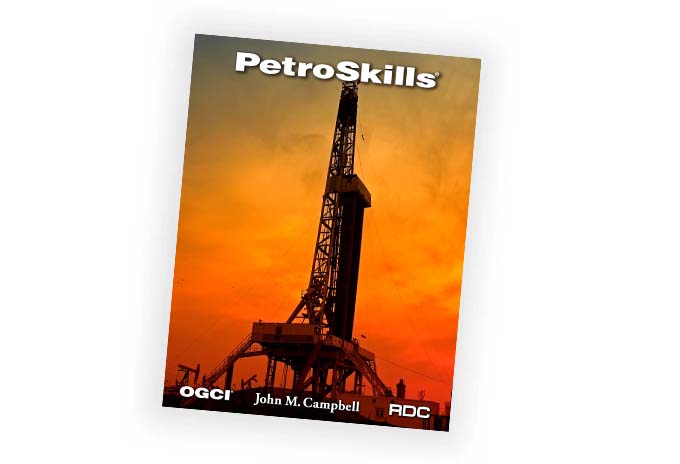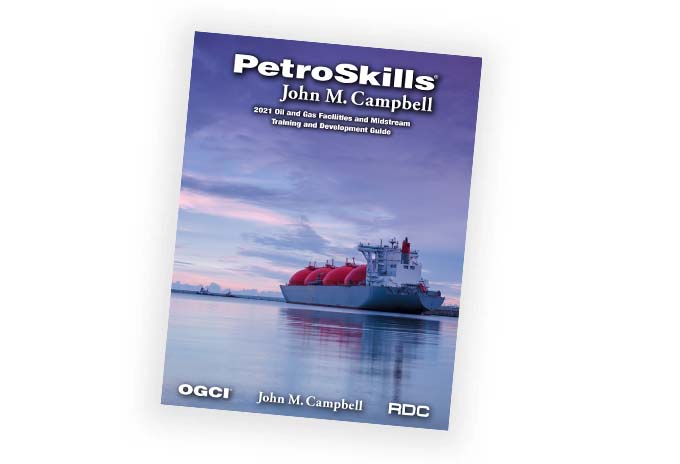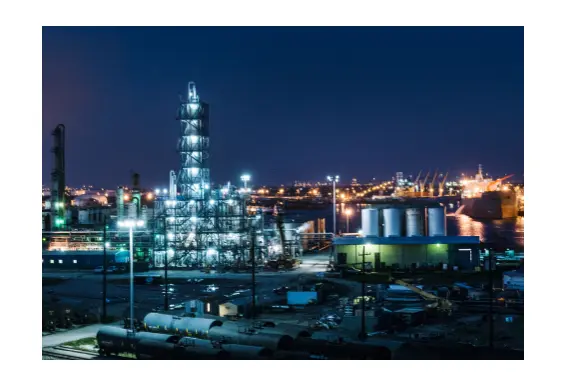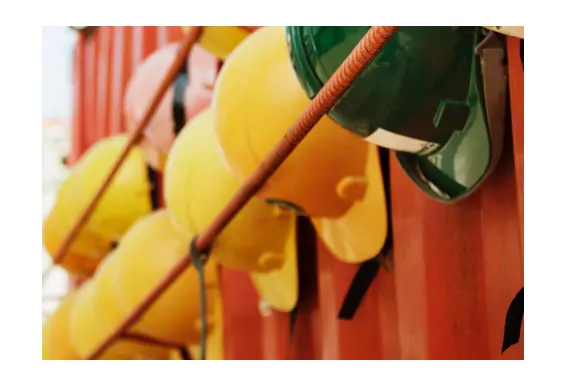Chemical Enhanced Oil Recovery Fundamentals - EORC
About the Course
This course gives an overview of oil recovery processes that involve the use of polymer, surfactant, alkali, gel, and a combination of them. Furthermore, it reviews reservoir engineering fundamentals and describes the principles for a variety of chemical enhanced oil recovery processes. The current status of these technologies is discussed and guidelines are presented for initial screening for each process corresponding to particular field conditions. Examples of laboratory and field performances are presented. Simulation exercises are used for each process.
This course covers conventional reservoirs.
Target Audience
Engineers, geoscientists, management personnel or other technical personnel with at least a B.S. degree and some experience in reservoir engineering. The course benefits individuals who are responsible for the design, implementation and management of chemical EOR projects. However, the contents of this course are also beneficial for other technical personnel involved in numerical simulation studies, screening, and planning of EOR applications. This course may interest new recruits as well as experienced professionals who want to gain a better understanding of the concepts, practices, benefits, and limitations of chemical EOR methods.You Will Learn
Participants will learn how to:
- Evaluate benefits and limitations of different chemical EOR processes
- Select laboratory tests and perform scoping simulations for pilot and field designs
- Screen these techniques for particular fields
- Set expectations on incremental oil recoveries and the economics
- Determine impact of these recovery techniques on production facilities and personnel training
Course Content
- Review of areal and vertical sweep efficiencies
- Heterogeneity and vertical sweep efficiency
- Residual oil saturation
- Enhanced Oil Recovery (EOR) methods
- Chemical EOR methods
- Polymer flooding - polymers and their properties
- Laboratory screening
- Polymer flood field design and example field results
- Overview of reservoir simulators for polymer flooding
- Example simulations
- Surfactant/polymer (SP) methods
- Surfactant-brine-oil phase behavior
- Microemulsion properties
- Capillary desaturation and oil mobilization
- Laboratory screening
- Field examples and designs
- Reservoir simulators for SP
- Example simulations
- Alkaline/Surfactant/Polymer (ASP) methods
- Effect of alkali on phase behavior
- Laboratory screening
- Field examples and designs
- Reservoir simulators for ASP
- Example simulations
- Performance Control/Water Shutoff Methods
- Overview of conformance control options (i.e. bulk gel, CDG, PPG, Bright Water)
- Gel properties
- Laboratory screening
- Field examples and designs
- Reservoir simulators for conformance control methods
Product Details
Categories:
UpstreamDisciplines:
Reservoir EngineeringLevels:
SpecializedProduct Type:
CourseFormats Available:
In-ClassroomInstructors:
Mojdeh DelshadAdditional
Request a Public Session
If you are interested in a public session of this course, please click the button below to request it.
Request Public SessionIn-House Training
This course is also available upon request as a private, on-site seminar. Contact us for details and pricing.
Request In-House TrainingNeed Help
Contact us if you have additional questions about how to register for or attend this course.
Contact Us



